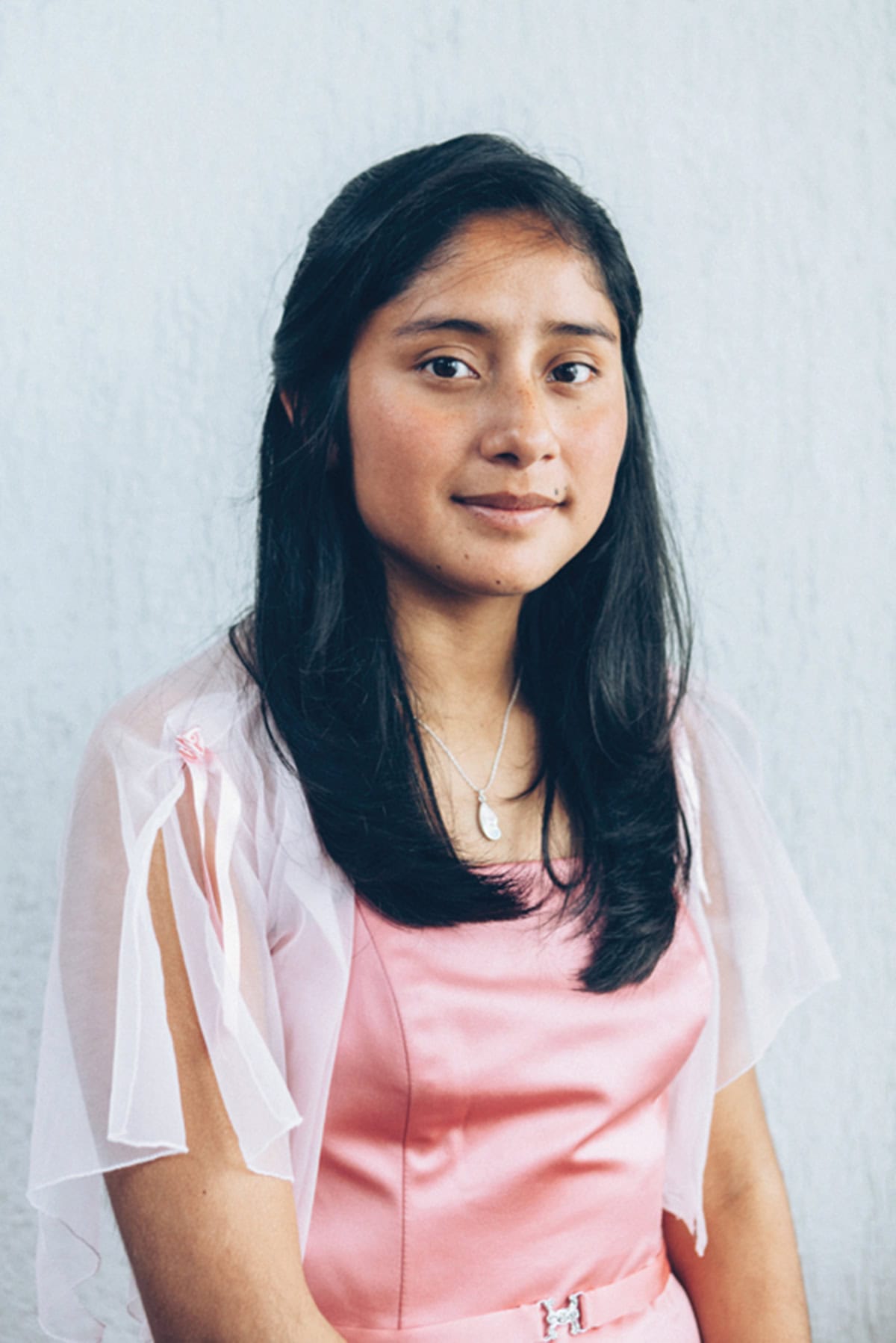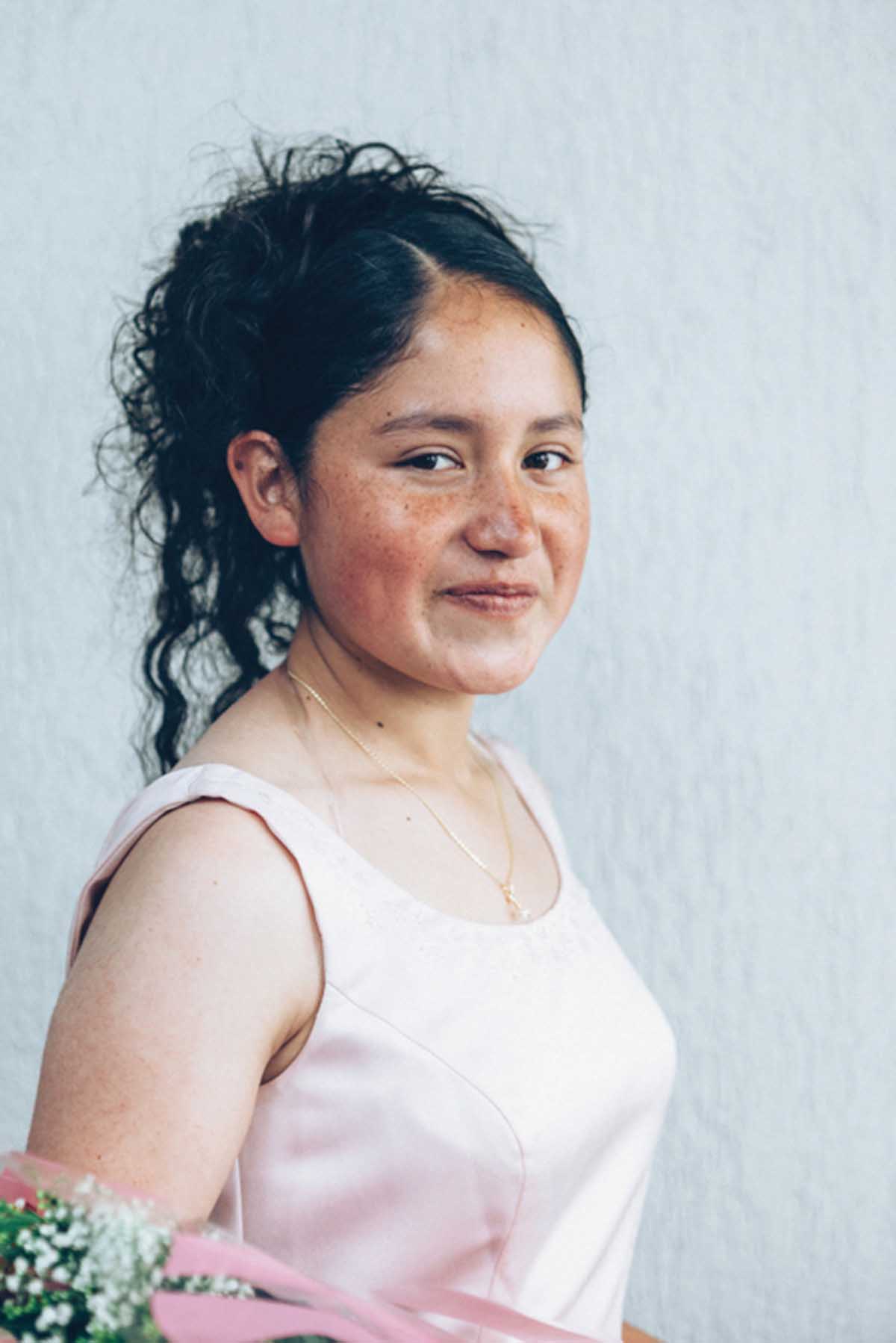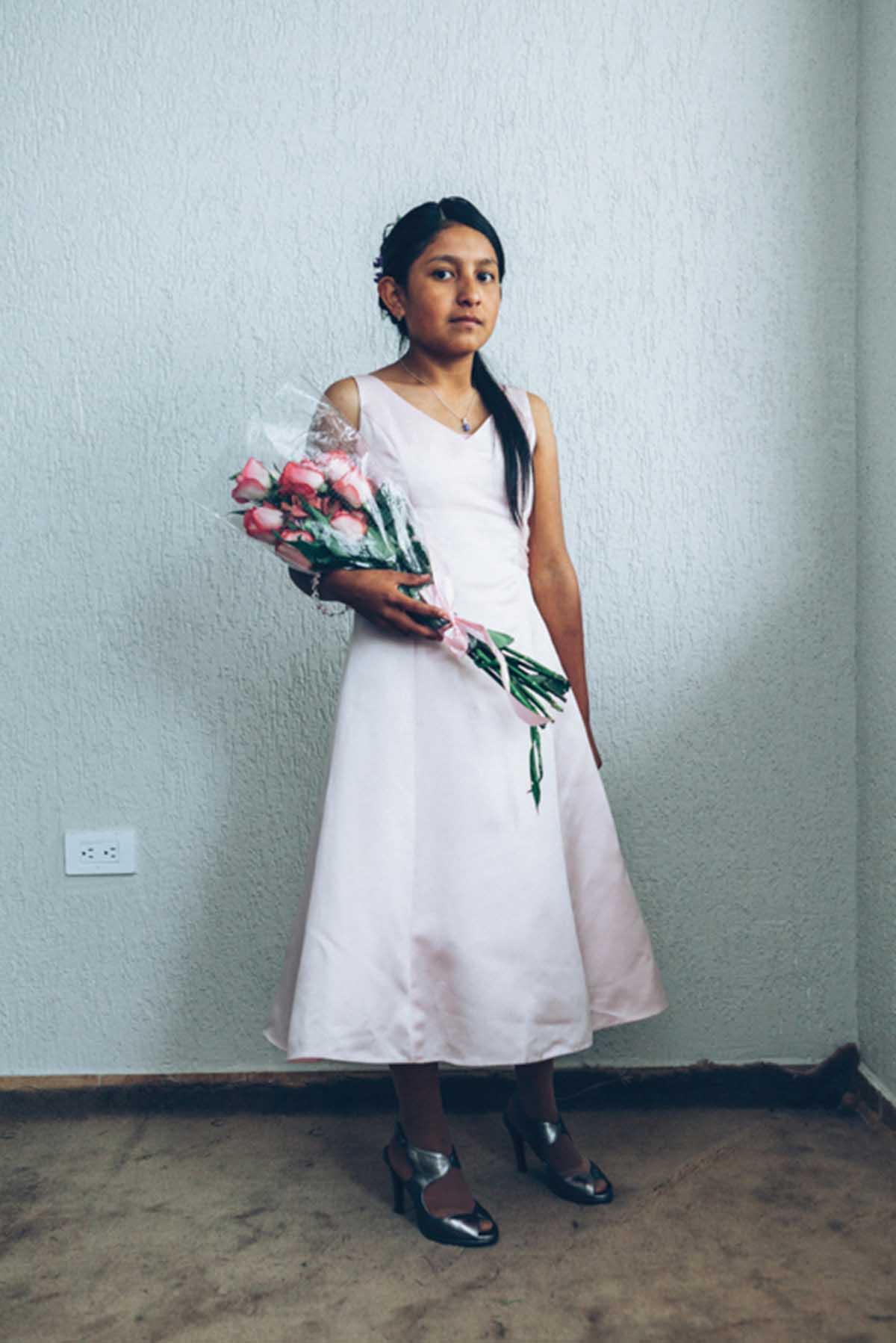“How the tragedy of the earthquake shed light on the dire gender situation in Ecuador and promoted community participation in fighting stereotypical conception of women and girls.
Girls’ everyday life in Ecuador is less colorful and fabulous than how it actually looks like during the Quinceañera celebrations, and in Ecuador specifically, the real-life society is still far from being equal or equitable for girls. From a cultural perspective, Ecuadorian patriarchal society still restricts women’s roles, expectations and possibilities from young age.
In recent years, particularly after the earthquake of April 16th, 2016 (which left the country in ruins, affecting over a million pe- ople and causing a human toll of 668 deaths, eight missing people and 6,274 people with severe injuries), girls’ situation and community’s participation in such context slightly changed lea- ding to improved awareness regarding gender concerns. Such problem got better visibility, and the concepts of ‘marianismo’, ‘machismo’ and ‘machonas’ are now known to represent a cultural barrier to girls’ everyday life.
Marianismo is the view of the woman as pure and virginal, leading girls to be expected to accept the fate that was handed to them, that of being solely mothers and wives. This mentality still prevails today and entails the sacrifice of women’s wants, desires and dreams for the sake of those of their families, predominately the men’s.
Machismo, as the men’s obligation to be “manly”, which manifests itself in deeply rooted ways, as the exercise of power of men over women, not just through physical violence and psychological aggressions. Within some families, women are expected to take care of the house, raise the children, they are not allowed to work and completely depend on their husbands financially. Machismo is culturally rooted into the society, and it exists at all stages of life: early on in schools, in family life and in the workplace. Machona is an offensive nickname to refer to tomboy girls who do activities that should only be done by men.
Sadly, these deeply-rooted cultural perceptions and societal norms of women’s role and stereotype affect girls from a young age, particularly those from vulnerable backgrounds and with lacking access to education. The more these girls strive for basic needs, the more likely are subjected to abuses. Girls are not taught to have dreams or be independent and because of this are extremely unlikely to stand on their own in abusive situations and fight for their rights, wishes and opportunities.”



